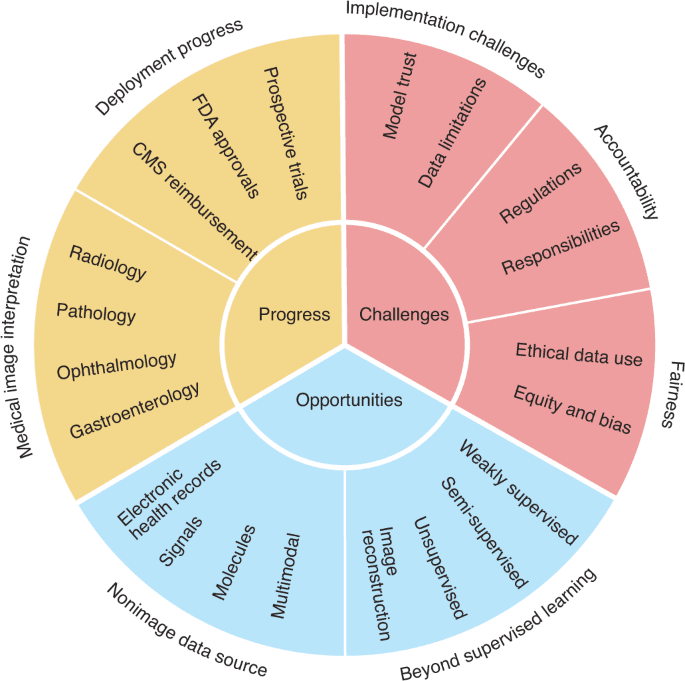Artificial intelligence (AI) is revolutionising the healthcare industry, with numerous benefits for patients, healthcare professionals, and the healthcare system as a whole. AI can improve diagnosis accuracy, create personalised treatment plans, predict outcomes, streamline administrative tasks, improve patient engagement, reduce medication errors, increase access to healthcare, enhance medical research and medical imaging analysis, and ultimately reduce healthcare costs. As AI technology advances, its benefits to the healthcare industry will continue to grow, enabling better patient outcomes, more efficient healthcare processes, and a more sustainable healthcare system.
10 Benefits of Using AI in Healthcare
Artificial intelligence (AI) is one of the most innovative technologies today. It’s no surprise that healthcare is one of the industries that have been quick to embrace AI. With the help of AI, healthcare professionals can make more accurate diagnoses, provide better treatment, and reduce medical errors. In this article, we’ll explore ten benefits of using AI in healthcare.
1. Improved Diagnosis Accuracy
AI algorithms can accurately diagnose diseases and conditions by analyzing patient data, including symptoms, medical history, and test results. The technology can help physicians make more accurate diagnoses, reduce errors, and provide better treatment.
2. Personalized Treatment Plans
AI can analyze patient data to create personalized treatment plans for individuals, taking into account their medical history, genetics, and lifestyle. This capability can improve patient outcomes, reduce hospital readmissions, and decrease healthcare costs.
3. Predictive Analytics
AI algorithms can help healthcare professionals predict outcomes and prevent adverse events. By analyzing patient data, AI can identify patients at high risk of developing certain conditions, enabling healthcare professionals to intervene early and prevent the disease’s progression.
4. Streamlining Administrative Tasks
AI can automate administrative tasks, such as scheduling appointments, billing, and coding. The technology can reduce administrative workloads, free up healthcare professionals’ time, and enable them to focus on patient care.
5. Enhancing Patient Engagement
AI can help healthcare professionals engage patients by analyzing patient data to tailor communications and support individual patient needs. AI chatbots can provide patients with instant access to information and answer questions 24/7, improving patient education and adherence to treatment.
6. Reducing Medication Errors
AI can help reduce medication errors by analyzing patient data and providing real-time alerts to clinicians when medications are contraindicated or when medication doses are outside of safe limits.
7. Increasing Access to Healthcare
AI can help increase access to healthcare by enabling remote monitoring and telemedicine consultations. Patients in rural areas or those with limited mobility can receive high-quality care without the need for in-person visits to healthcare facilities.
8. Improving Medical Research
AI can help accelerate medical research by analyzing large sets of data, identifying patterns, and discovering potential new treatments. The technology can help researchers make discoveries more quickly, saving time and resources.
9. Enhancing Medical Imaging Analysis
AI can enhance medical imaging analysis by accurately detecting abnormalities and enabling a faster and more accurate diagnosis. The technology can reduce the need for invasive diagnostic procedures and improve patient outcomes.
10. Reducing Healthcare Costs
AI can help reduce healthcare costs by reducing medical errors, preventing adverse events, and streamlining administrative tasks. The technology can also help identify patients who are at high risk of developing certain conditions, enabling healthcare professionals to intervene early and prevent costly treatments.
In conclusion, AI is transforming healthcare by improving accuracy, efficiency, and quality of care. The benefits of AI in healthcare are extensive, and they will continue to grow as the technology advances. As healthcare professionals continue to incorporate AI into their practices, patient outcomes will improve, healthcare costs will decrease, and the healthcare system will become more sustainable.
